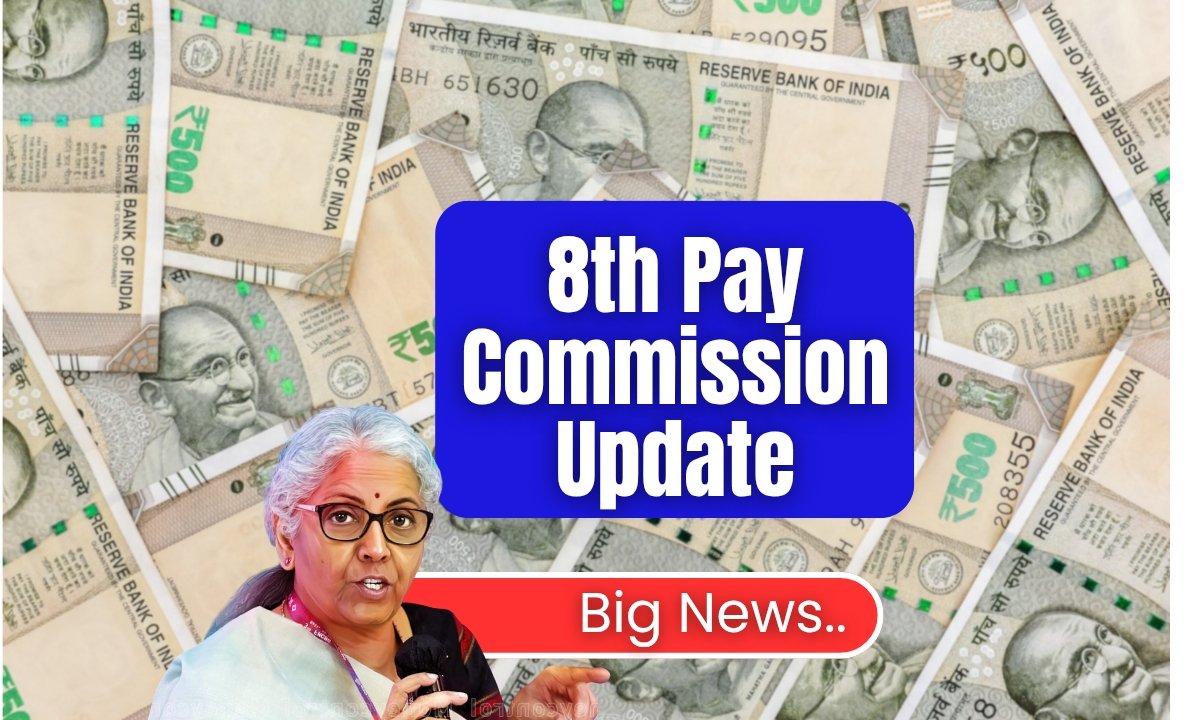The announcement of the 8th Pay Commission has bolstered hopes for central government employees and pensioners throughout India. The Union Cabinet approved it specifically on January 16, 2025, and it will reward approximately 50 lakh employees and 65 lakh pensioners by reviewing the salary structures and benefits, an important step toward improving their financial well-being.
Key Highlights Of The 8th Pay Commission
The functioning of the 8th Pay Commission is purportedly set to begin in April 2025, and the revised pay structures might come into force on January 1, 2026. citeturn0search7 The proposed timeline thus fits the 10-year tradition practiced for the previous pay commissions. The more concerning issue is the absence of any budgetary provisioning that might be allocated for the Commission’s functioning in the Union Budget of 2025, thereby increasing the risk of delays for its implementation.
Expected Salary Revisions
One of the most common-practiced speculations about the 8th Pay Commission centers around the potential changes to the fitment factor which has a linear relation with the basic pay of an employee. The fitment factor for the 7th Pay Commission was 2.57, leading to a minimum basic salary of ₹18,000. Currently, there is an ongoing discussion regarding any increase in the fitment factor, and if it is raised, there will be a corresponding increase in the salaries benefiting a huge chunk of the government employees.
Broader Implications
The Commission is expected to recommend clauses for a number of allowances and benefits beyond just salary increases to ensure an all-round improvement of the employee compensation package. Such revisions will not only help improve the living conditions for government employees but also increase the morale and productivity of the public sector.
Looking Ahead
The path for prospective changes has been laid out with the formal announcement of the 8th Pay Commission; however, its implementation largely depends upon the commission being set up in time, the final recommendations it makes, and their implementation. Employees and pensioners should remain alert for updates, so they understand how these changes will affect their compensation and benefits specifically.
Through all its problems, the 8th Pay Commission is the best opportunity for highlighting the long-standing demand of salary revisions and better benefits of central government employees. Its success will be a strong reflection of the government as a well-wisher to its employees and might create a precedent for ensuing pay commissions.
Also Read: Central Government Employees Alert: Pension Switch From NPS To UPS Begins
